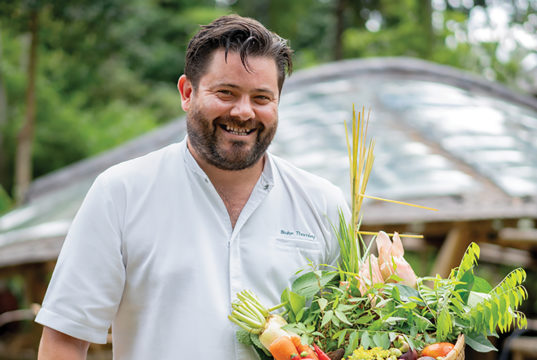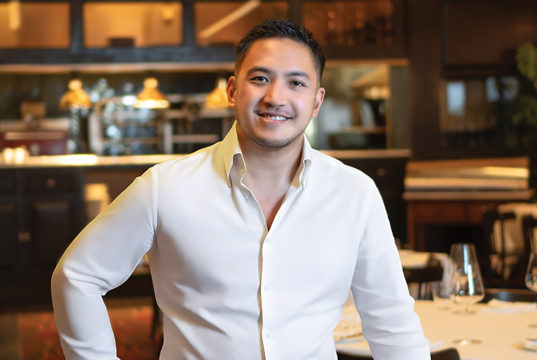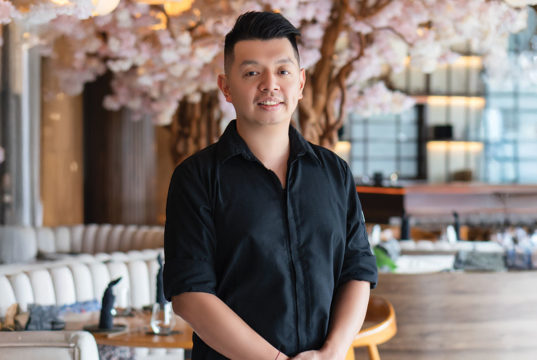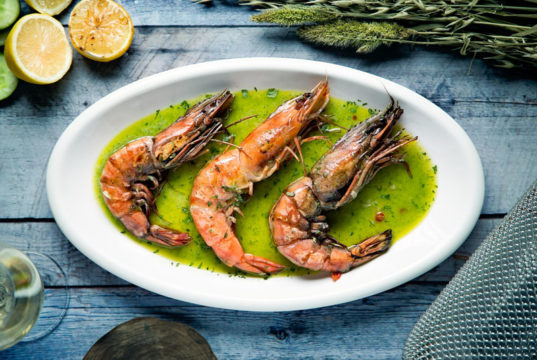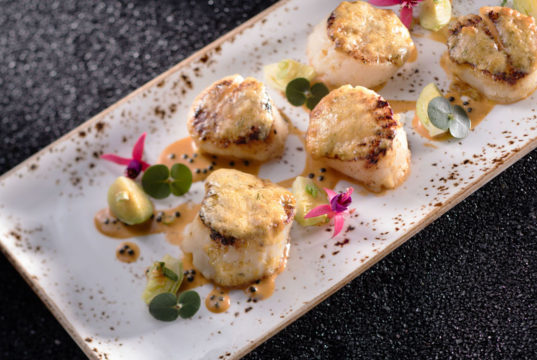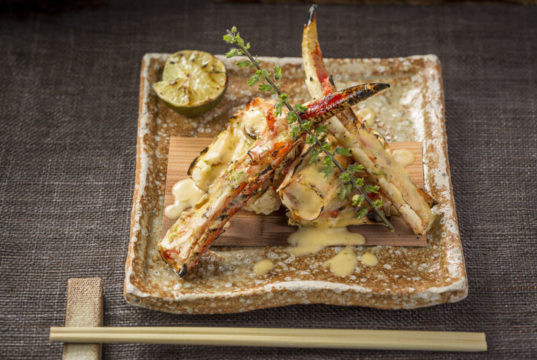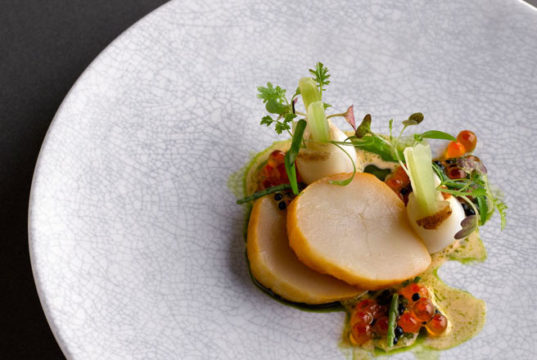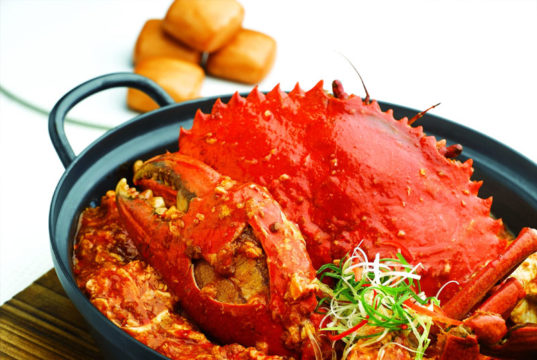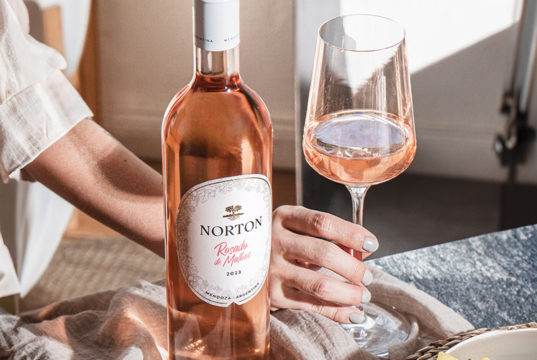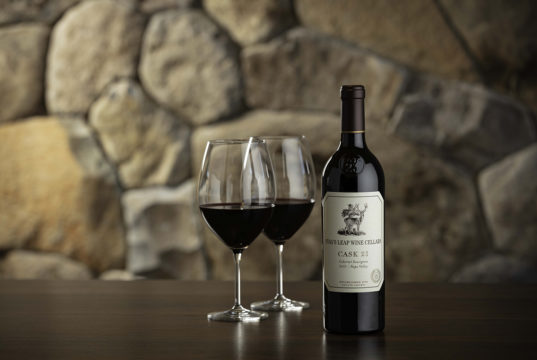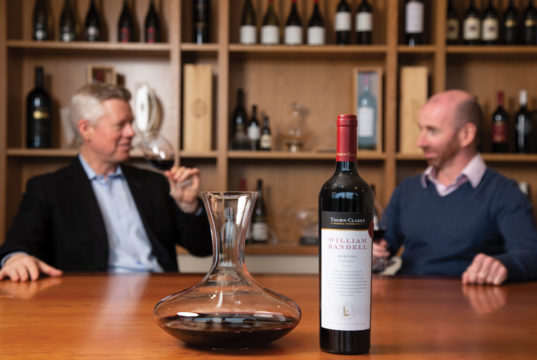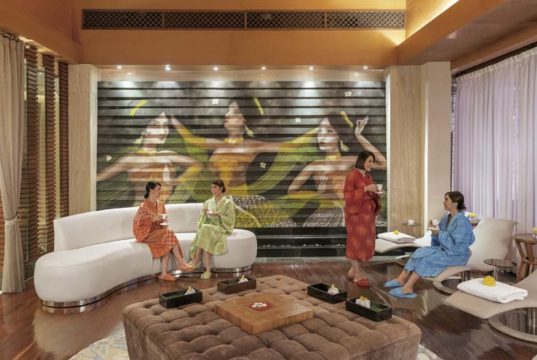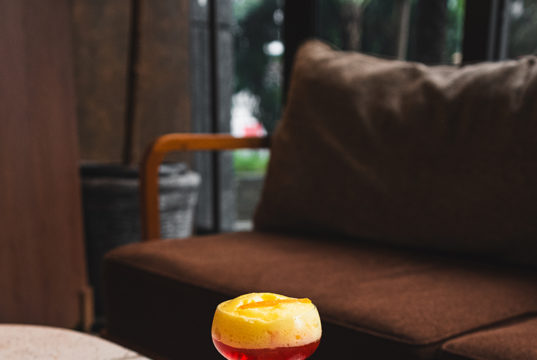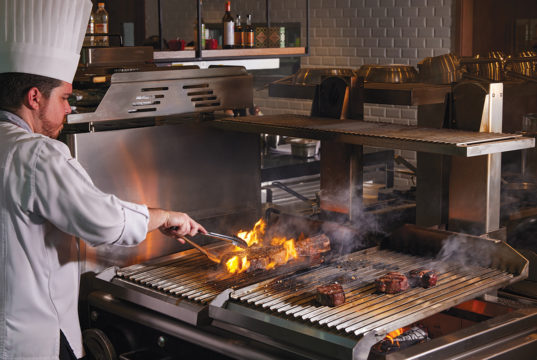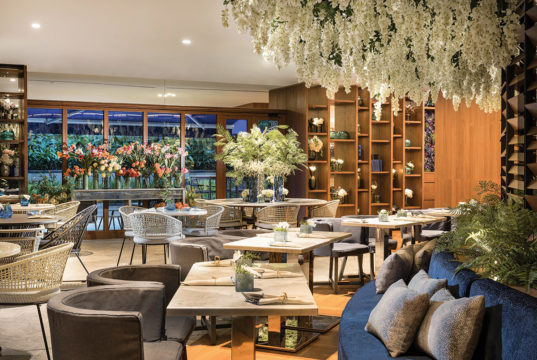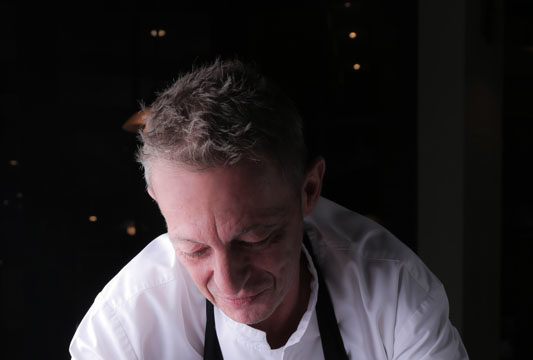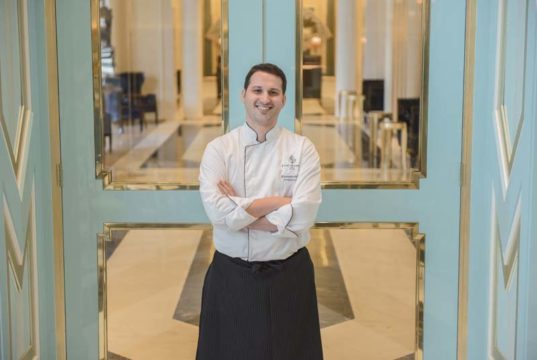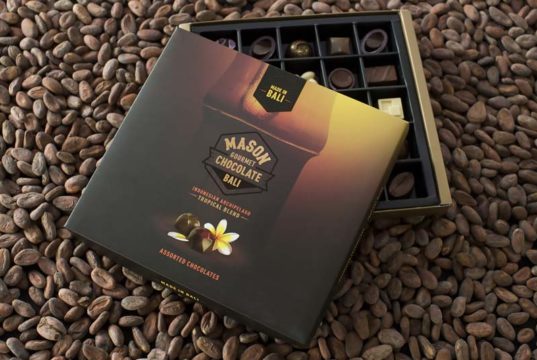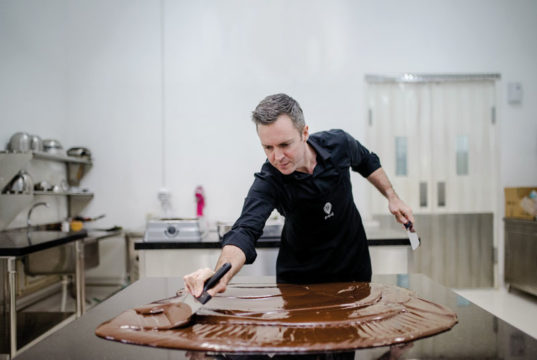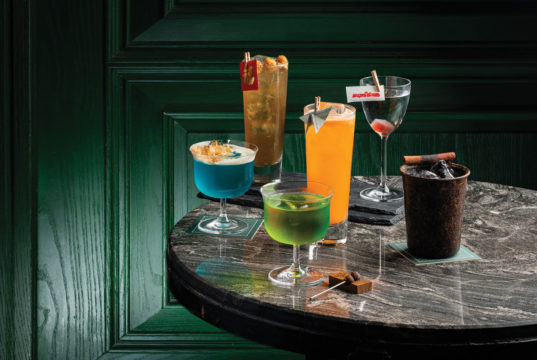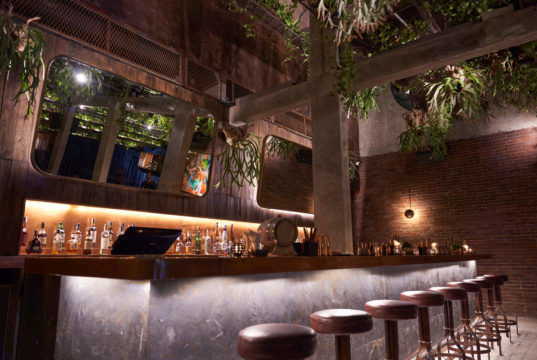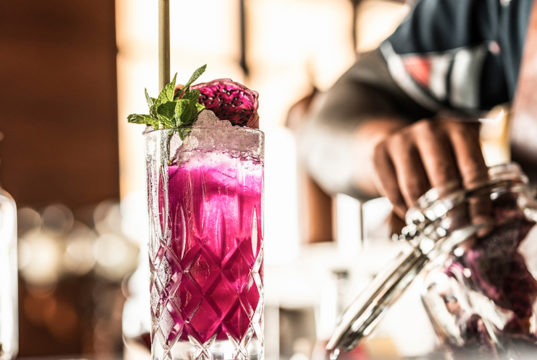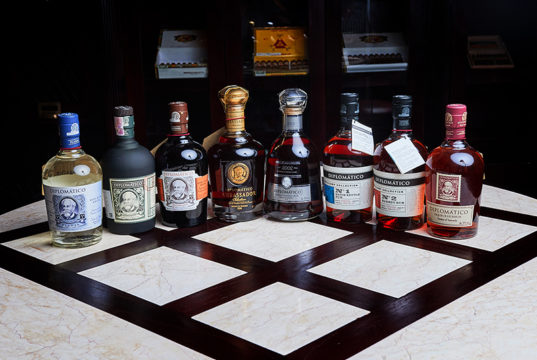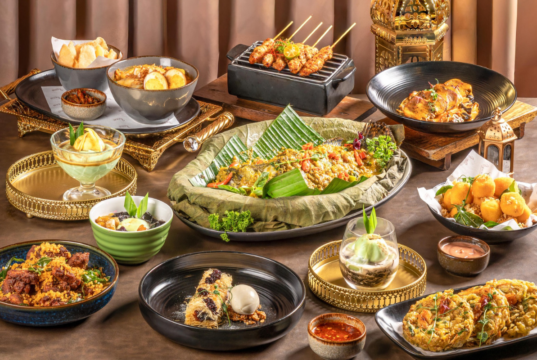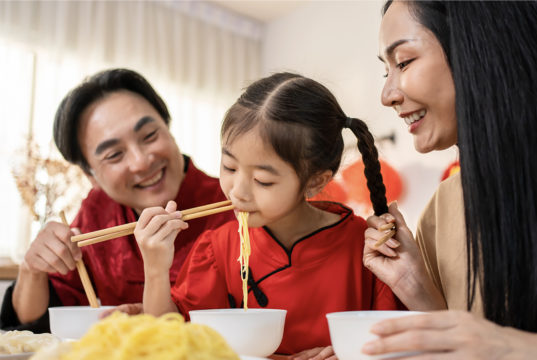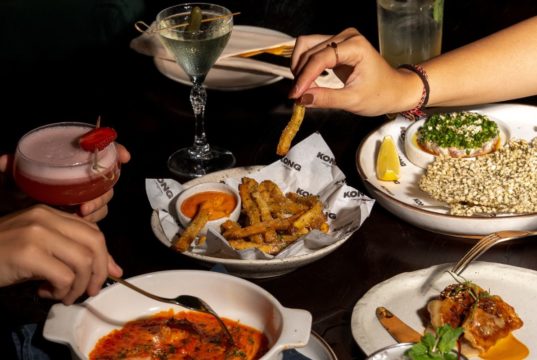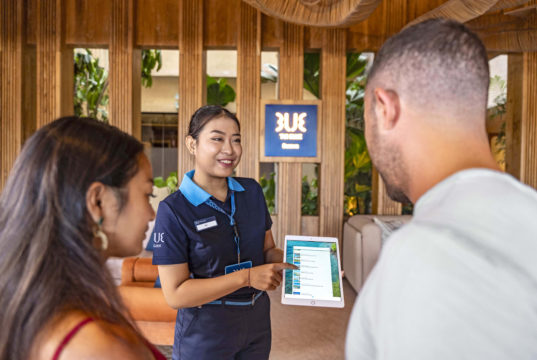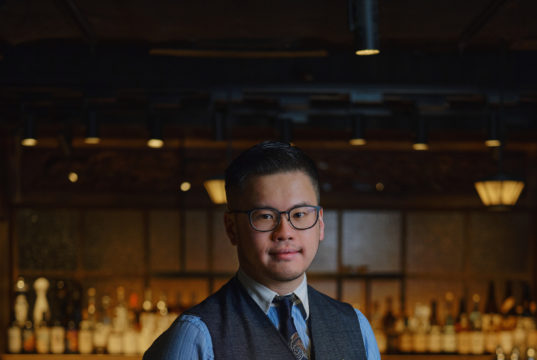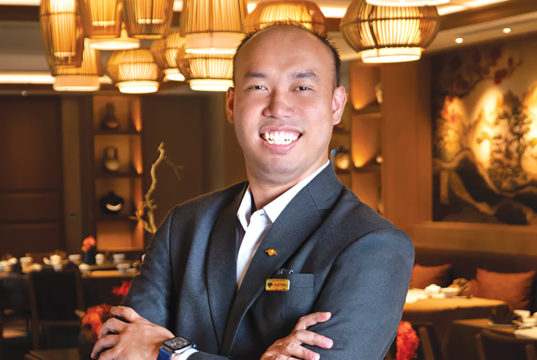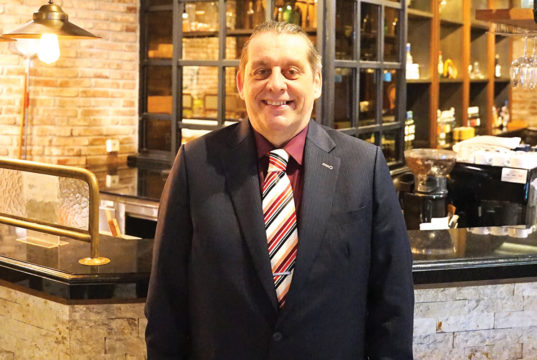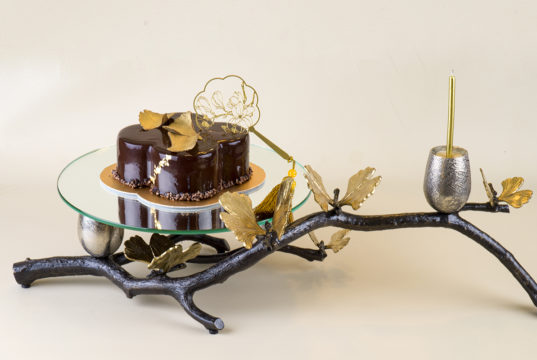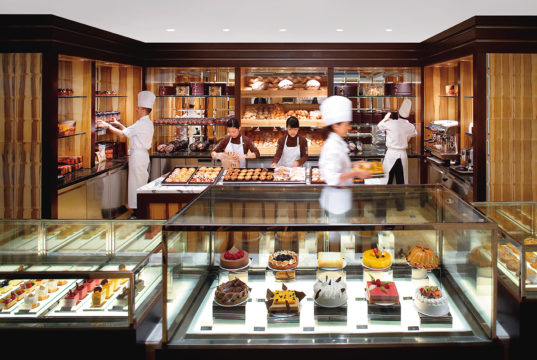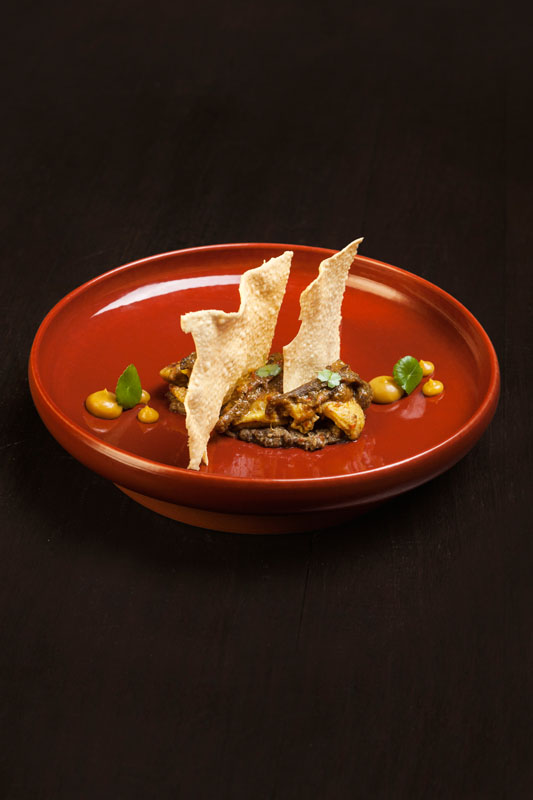
The nusa in the restaurant’s name alludes to the main idea of this dining destination. Short for nusantara – Indonesian for archipelago, NUSA Indonesian Gastronomy showcases the country’s rich diversity by putting its resources, cultures and cuisine in the spotlight. Established by Chef Ragil Imam Wibowo – known for his penchant for elaborate Indonesian cultures and gastronomy, the restaurant aims to use only the best Indonesian ingredients and produce, authentic traditional techniques enhanced with modern knowledge and serves dishes with the genuine flavours and characteristics maintained.
At NUSA Indonesian Gastronomy, diners get the complete gastronomic experience. Awed by the contemporary presentations and savouring each bite that deliciously represents a characteristic from each Indonesian region, they learn the stories behind the dish’s cultural origins. After all, at the end of the day, the team wants to build diners’ appreciation of the country’s culture.
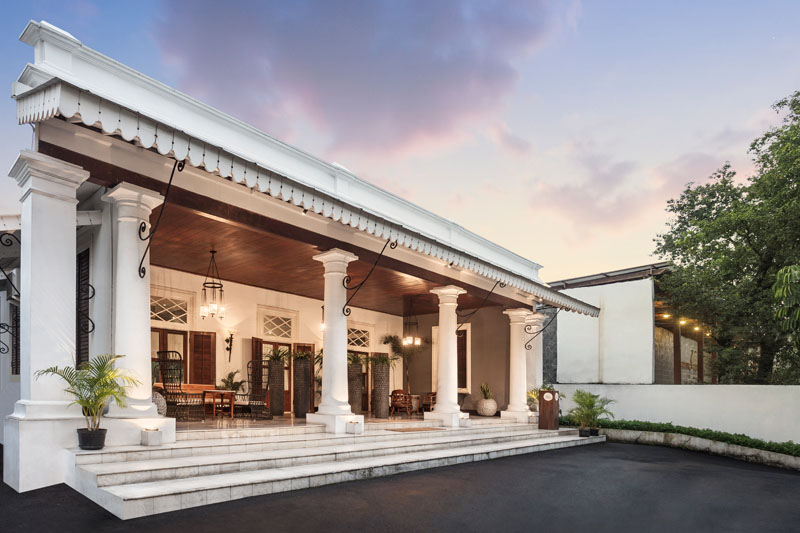
The use of local Indonesian ingredients managed and produced by local farmers is a top priority at NUSA, paramount for ensuring the quality of the dishes. Each of the ingredients is exclusively produced in a particular area and comes with a geographical indication certificate to guarantee authenticity. “The menu remains dynamic as it depends upon the result of the current harvest,” Ragil explained.
Last but not least, NUSA Indonesian Gastronomy is located in a colonial building that has strong historical values. With a curated interior to bring the archipelago concept to life, guests will find marble tables, rattan chairs, carefully selected cutlery and a wooden chandelier as the centrepiece, adding charming points to the ambience and experience.
Must try:
- Ayam Lempah Kulat Pelawan
- Lodeh Tempe Hitam
- Sate Rembige
Ragil Imam Wibowo Executive Chef of NUSA Indonesian Gastronomy
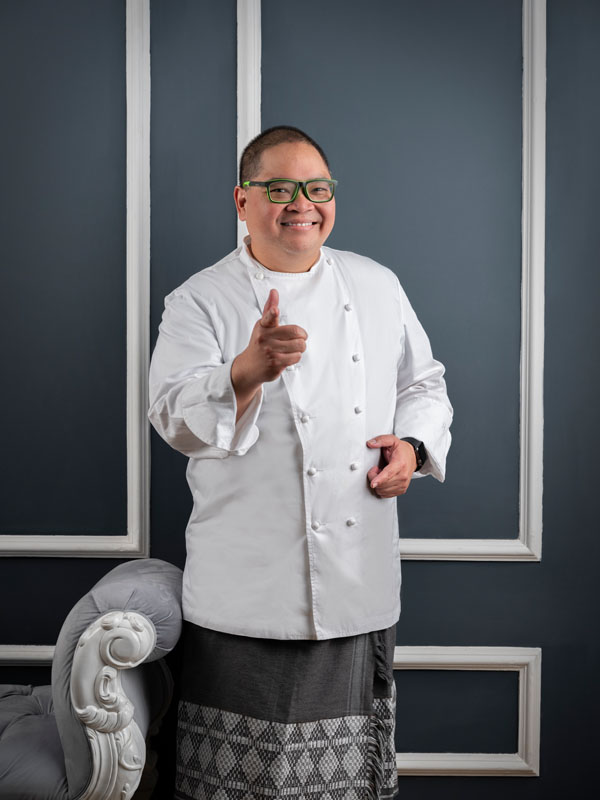
E: Who or what have been your biggest influences and inspirations?
R: The local ingredients, food and cooking techniques in Indonesia, which a lot of people have never known before, and which they sometimes don’t even know exist in Indonesia.
E: What are the most important philosophies that you apply in your career and in the kitchen?
R: Never stop learning and always taste your food, even though you’ve already tasted it a million times.
E: What’s the most memorable/rewarding experience you’ve had throughout your career?
R: It was when I was nominated as Asian Chef of the Year 2018 at the World Gourmet Summit Singapore 2018. We really don’t know who nominated me and who the jury was. They were quite secretive in nominating chefs and restaurants. I’m still curious about who nominated us.
E: What do you think of Indonesia’s F&B scene in general and what is the biggest challenge according to you?
R: It’s growing really fast and not only in the five biggest cities in Indonesia but also in smaller cities like Samarinda, Manado, Makassar and more. The biggest challenge with this situation is a lot of F&B establishments present great interiors without knowing the basic fundamentals to prepare the menus that they serve. Normally this kind of restaurant doesn’t last longer than a few years, or even a few months.
E: What do you want to achieve/improve in Indonesia’s culinary scene?
R: I want to improve things for our farmers, fishermen and all the people behind the supply of our local ingredients, and make them believe that what they grow is the most important thing in our business. I want them to keep learning and to find better products that they can produce. I also want to make our government believe that local products – our crops, cattle and fresh produce – are the future of our country, because we have very fertile soil and we could be the biggest fresh produce exporter in the world in the near future.
E: Can you elaborate on the concepts of NUSA Indonesian Gastronomy and Spicy Geg? What sets them apart and what are your goals for both restaurants?
R: NUSA Indonesian Gastronomy tells an edible story of Indonesia. It’s about our food history, our cooking techniques and also our indigenous ingredients, with contemporary presentations. We would like to reintroduce almost-extinct recipes and amazing ingredients sourced from our farmers, our fishermen and our artisan produce manufacturers to our distinguished guests. Meanwhile, Spicy Geg is a modern Indonesian restaurant serving popular local Indonesian favourites from West to East Indonesia using local ingredients from all around the country. This gives our customers a glimpse into the variety of Indonesian food.
E: What tips would you give any young Indonesian looking to break into the culinary industry?
R: They should thoroughly understand the basic principles of cooking techniques and recipes. Then they should put in their touch to add something new to their cuisine. Never stop learning, never stop browsing, never ever feel that you’ve already achieved success because that’s when you will fail.
E: What’s your ultimate goal as a chef?
R: I would like to develop Nusa Foundation as the centre of excellence for Indonesian gastronomy, where you can find Indonesian food history, Indonesian cooking equipment and techniques, a library of Indonesian cook books and Indonesian ingredients, as well as a cooking school that offers scholarships.
Jalan Kemang Raya No. 81, Kemang
Jakarta 12730, Indonesia
T: (+62) 217193954
E: journey@nusagastronomy.com
nusagastronomy.com
Exquisite Taste June – August 2019




